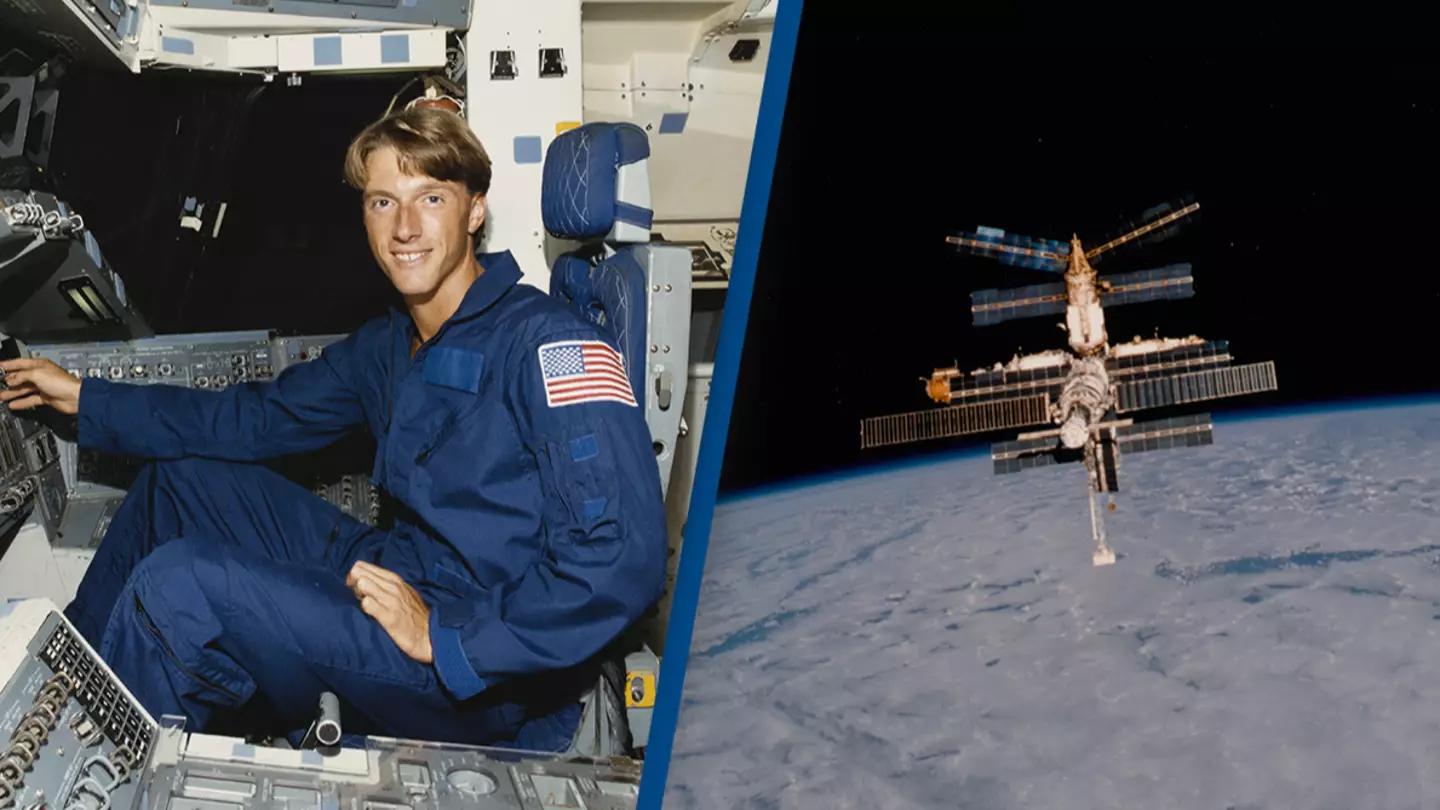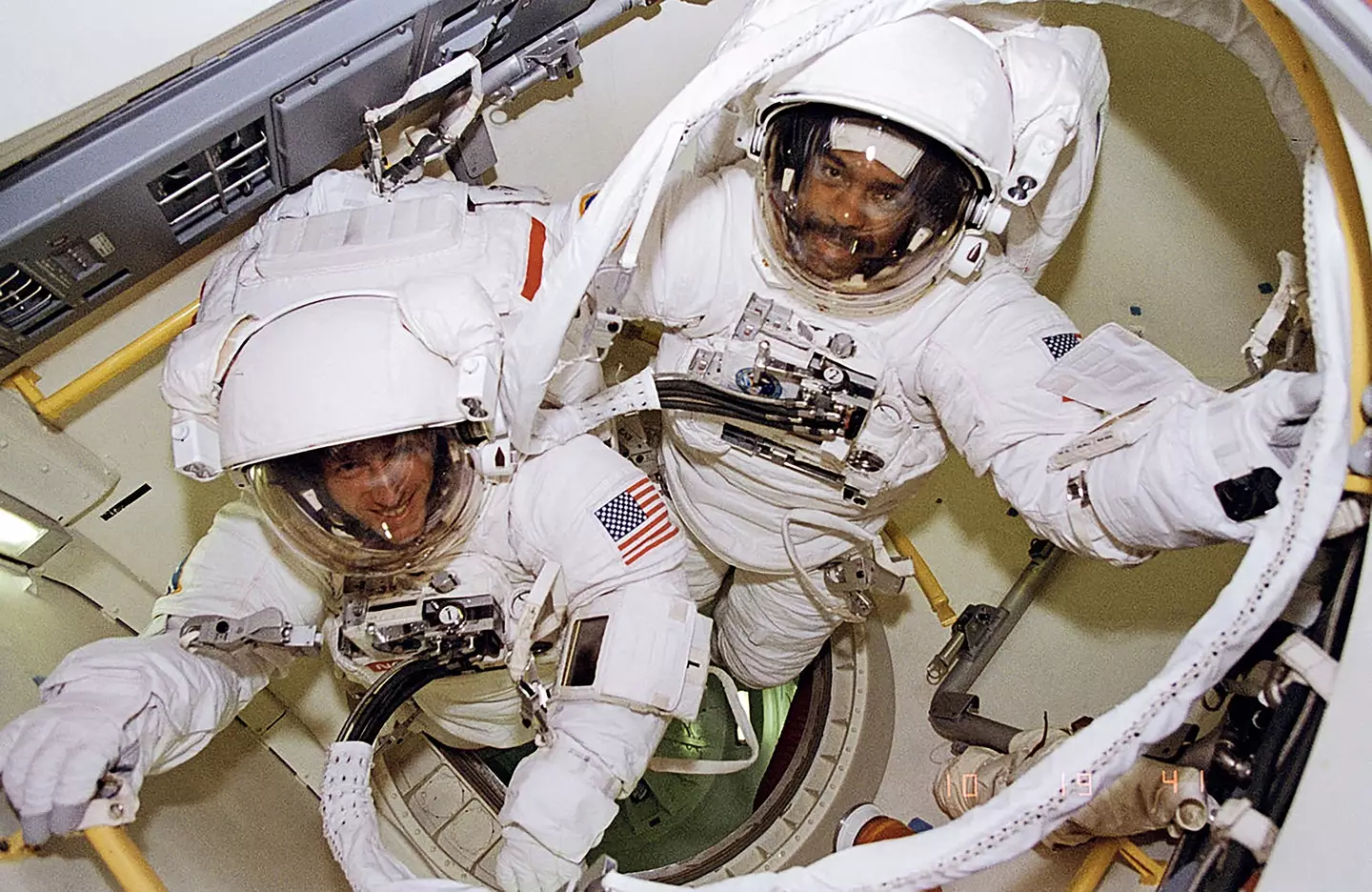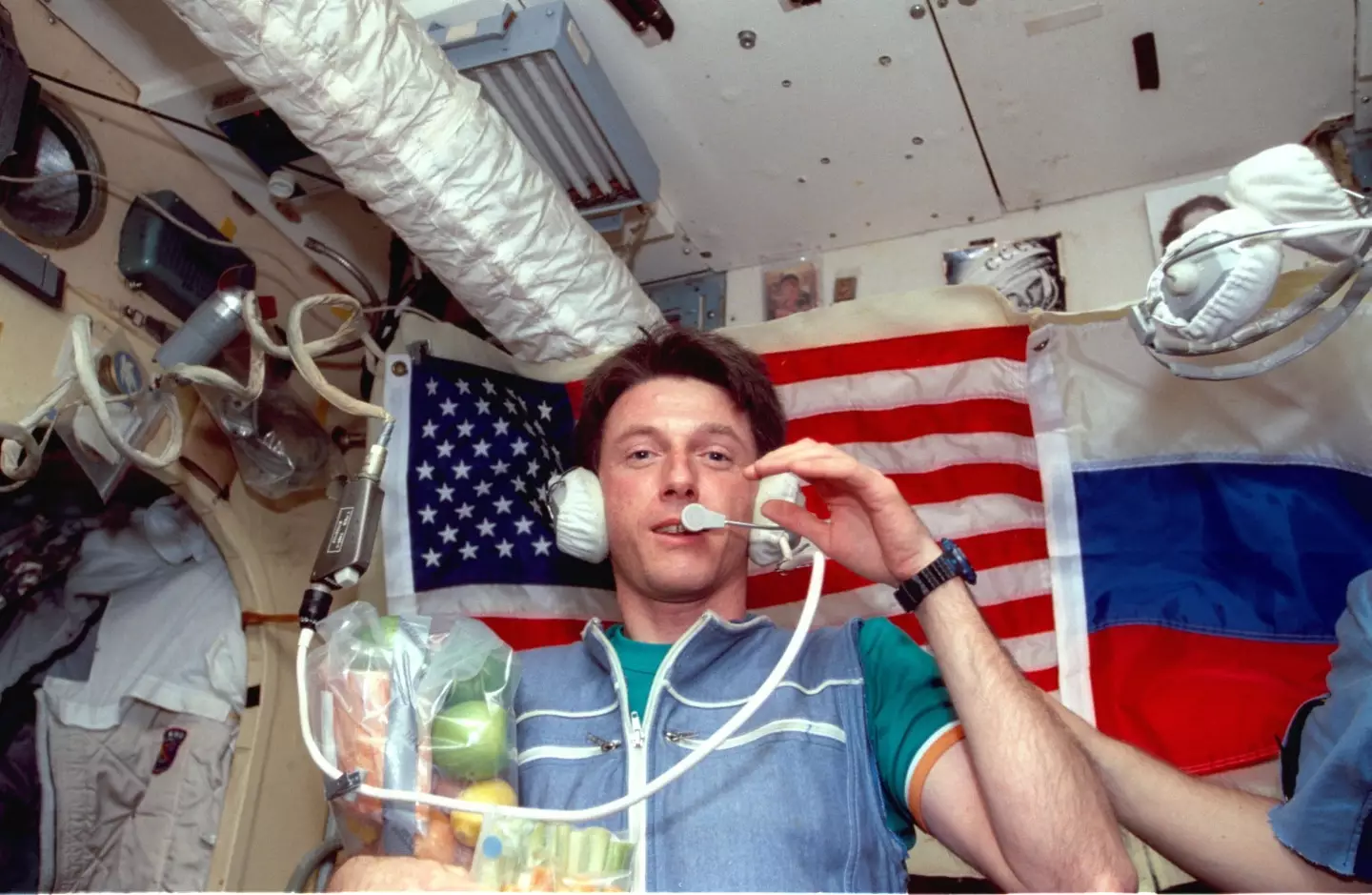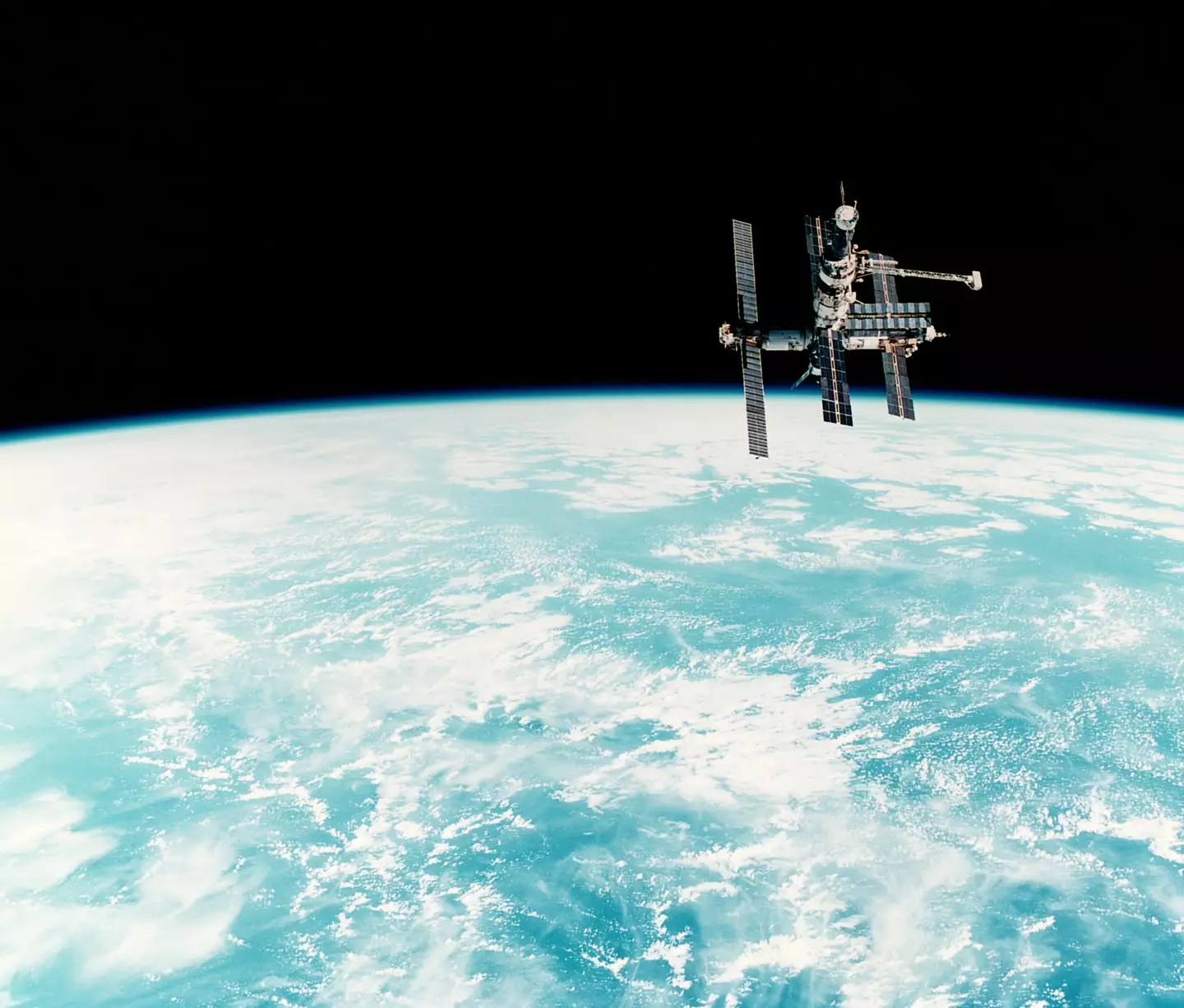
A former NASA astronaut has explained how he survived when he was minutes away from death after his space vessel began spinning out of control.
Michael Foale was selected as an astronaut by NASA on his third attempt, shortly after the Challenger accident in 1986.
After completing a number of Space Shuttle missions, he was selected for an extended stay on the Russian Mir space station in 1997.
As we well know by know, space travel doesn't always go to plan - just ask the astronauts who have been stuck at the International Space Station since June.
Advert

But Michael was minutes away from losing his life when a supply vessel bringing his team goods to live collided with the Mir station.
Michael was onboard Mir with two Russian cosmonauts, Vasily Tsibliyev and Aleksandr Lazutkin, when that station's Spektr module was struck by the vessel.
Precious air began leaking out, as Michael told The Mirror: “My first thought was, 'oh s**t.’ We had about 23 minutes before we passed out."
Michael's space training kicked in: If you had less than 30 minutes of oxygen left, abandon ship. So he went and sat in the Mir's escape pod, a Soyuz space capsule, expecting his crew members to join.

But they didn't. Instead, they were attempting to locate the puncture and seal it up.
Michael explained: “I was thinking, ‘OK, these guys aren't going, but we should be going.’ Russia wasn't giving them any chance to leave. They were breaking their own rules. They were accepting the risk they would die.”
Time was ticking. Michael's new plan was to wait for the Russians to pass out before floating them into the safety pod and getting the hell out of there.
But Lazutkin was busy pulling out power cables in a bid to save the damaged Spektr. Eventually, the team managed to find the leak and covered the hole up. They'd had seven minutes of oxygen left.
That's when the lights cut out and the station began spinning.

Michael explained: “At that point, the solar arrays had no power, and the batteries were giving out. There wasn't a fan running. There was no communication with Moscow or anyone on Earth. The station was totally dead.”
Quick-thinking, Michael suggested blasting the lifeboat's engine in short bursts. A misfire made the vessel spin even faster.
But fortunately, the technique helped to stabilise the space station, saving it.
Michael was only meant to be staying on the Mir for six weeks. He stayed fourth and a half months instead.
The near-death experience didn't put him off his work either ,as in 1999, Michael returned to space and earned the record for the longest space walk, at eight-and-a-half hours.
Topics: Science, Space, NASA, International Space Station